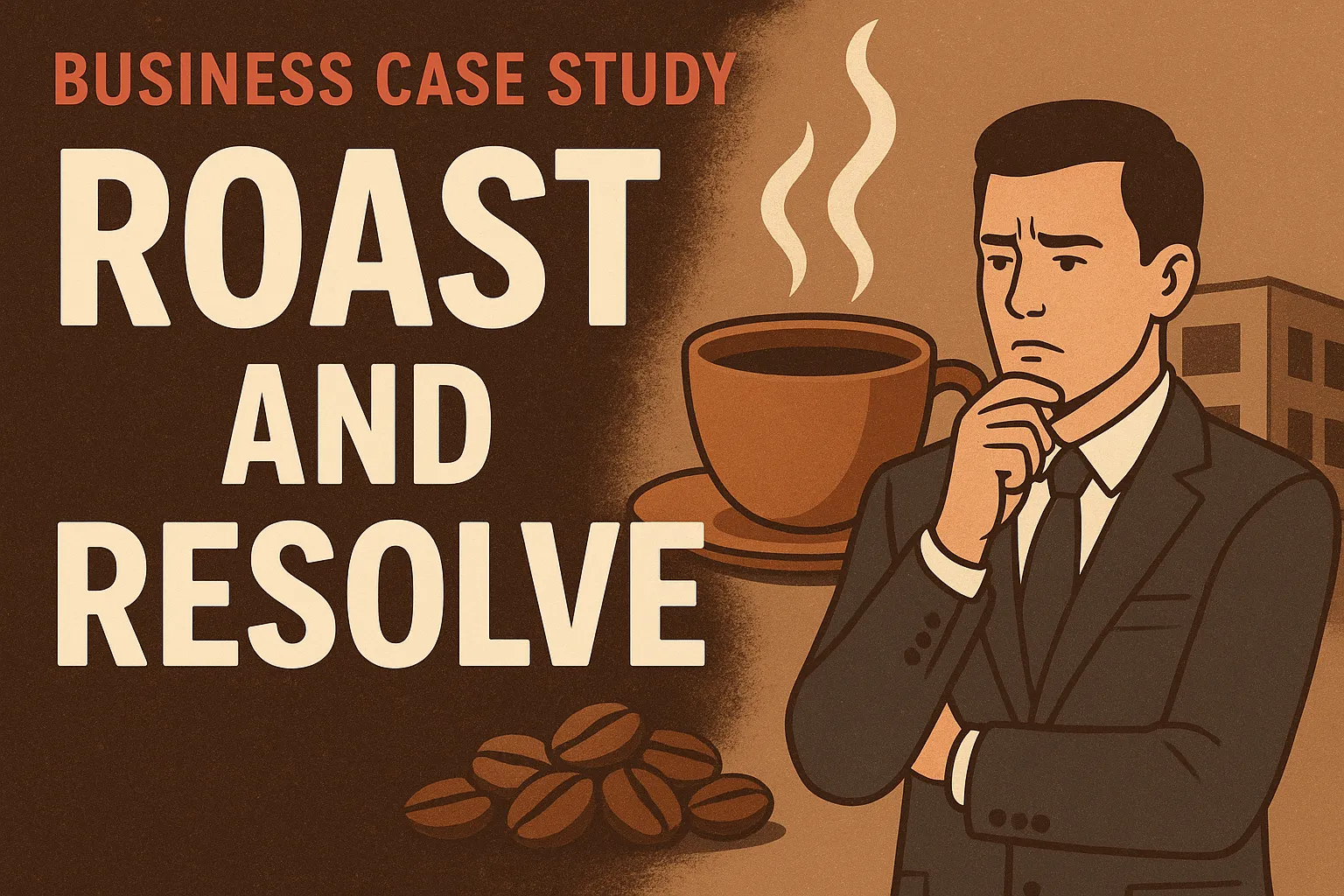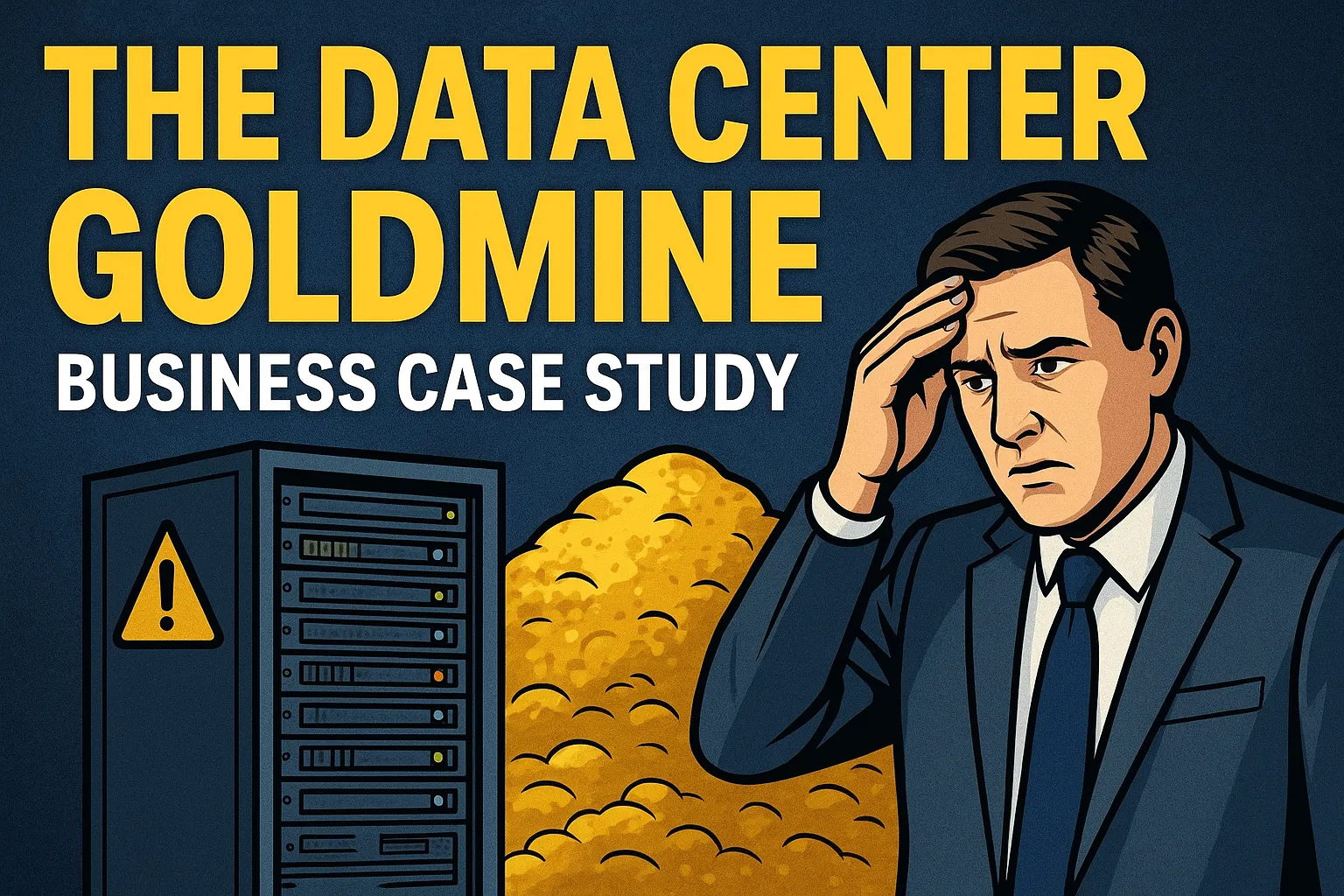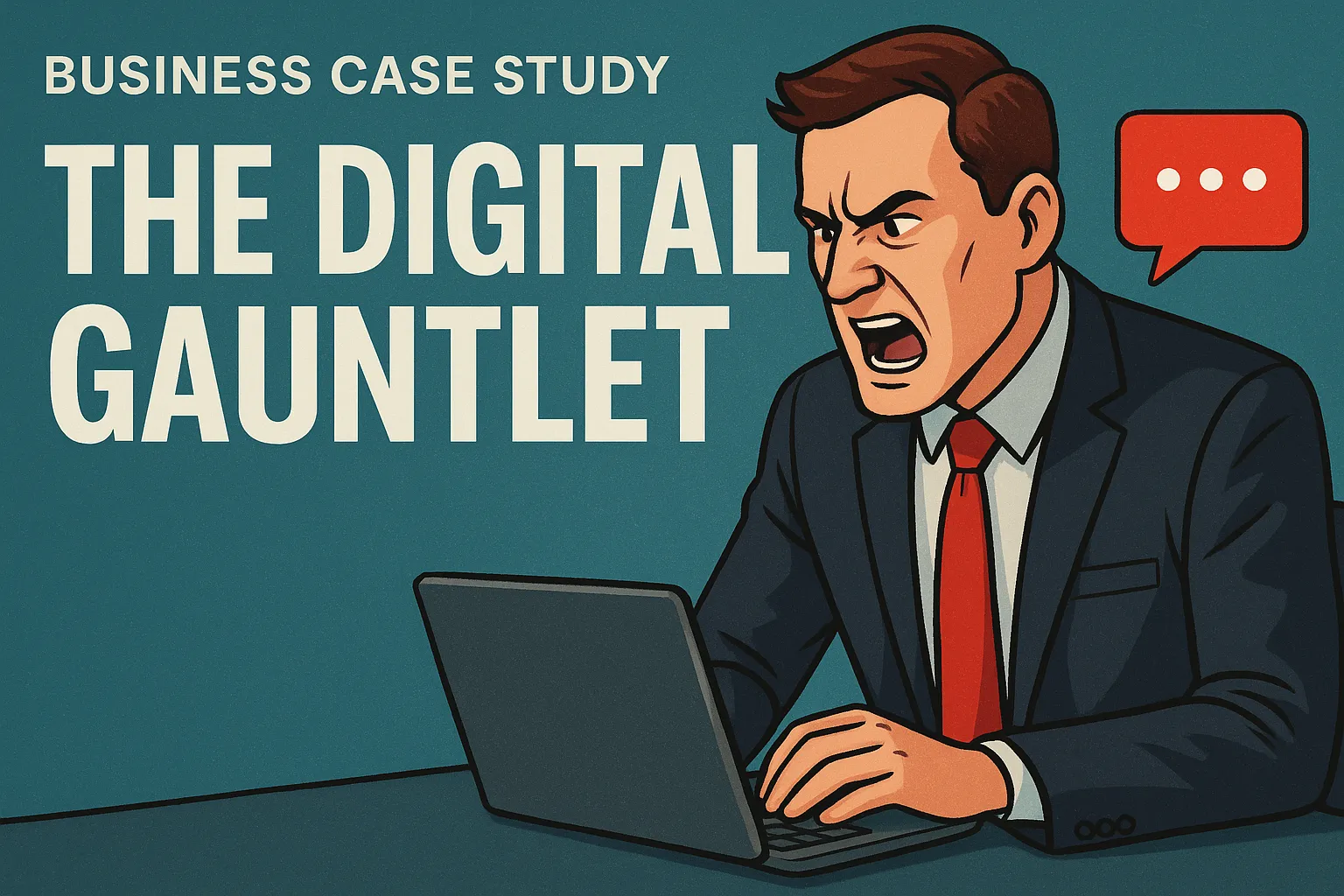 Case Studies Club
Where Strategic Minds Meet
Case Help
Case Studies Club
Where Strategic Minds Meet
Case Help
The Baker Street Conundrum - A Calculus of Ethics and Economics
A study in balancing moral obligation with financial viability
The firm of Holmes & Watson faces a fundamental conflict between its core competency of rapid case resolution and its unsustainable daily-retainer business model, which rewards inefficiency. This dilemma forces a strategic decision on how to redefine its value proposition to align professional ethics with the practical necessity of financial stability.
Core Themes:
Turn Business Challenges Into Strategic Wins
Browse our Insights Marketplace for frameworks and tools that drive results
Explore MarketplaceOverview
The firm of Holmes & Watson finds itself at a critical juncture. The core of their business model—providing investigative services—is being challenged by a fundamental conflict between their professional ethics and financial solvency. A specific case, the theft of the Whitmore diamond, has laid bare this dilemma: the ability to solve a case with alacrity directly undermines their revenue model, which is based on prolonged engagement. The stakes are twofold: the immediate financial health of the practice and the long-term definition of its value proposition. A purely analytical approach is required, one that weighs the moral and ethical obligations of the practice against the cold, hard numbers of its operational reality. The path forward must balance the reputation for integrity and swift justice with the practical necessity of profitability, ensuring the practice does not sacrifice one for the other.
Backstory
The Baker Street practice, though small in scale, has carved a formidable reputation for itself in a competitive landscape dominated by plodding and often ineffectual private detectives. Its founder, Mr. Holmes, possesses an almost preternatural ability for deductive reasoning, allowing him to unravel complex cases in a fraction of the time required by his peers. This unique competency, rather than being a source of immense profit, has paradoxically become a liability. The firm’s established fee structure, a daily retainer with supplemental expenses, rewards the inefficient and penalizes the swift. The longer a case drags on, the more the firm earns.
The partner, Dr. Watson, while a capable investigator in his own right, also serves as the financial and logistical backbone of the operation. He has long been the one to grapple with the firm's balance sheet, watching as cases that could have been lucrative are instead concluded quickly, leaving a substantial gap in monthly earnings. The firm's reputation for unerring accuracy a...
🔓 Unlock This Case Study
Access full cases, analysis, recommendations, and community insights


